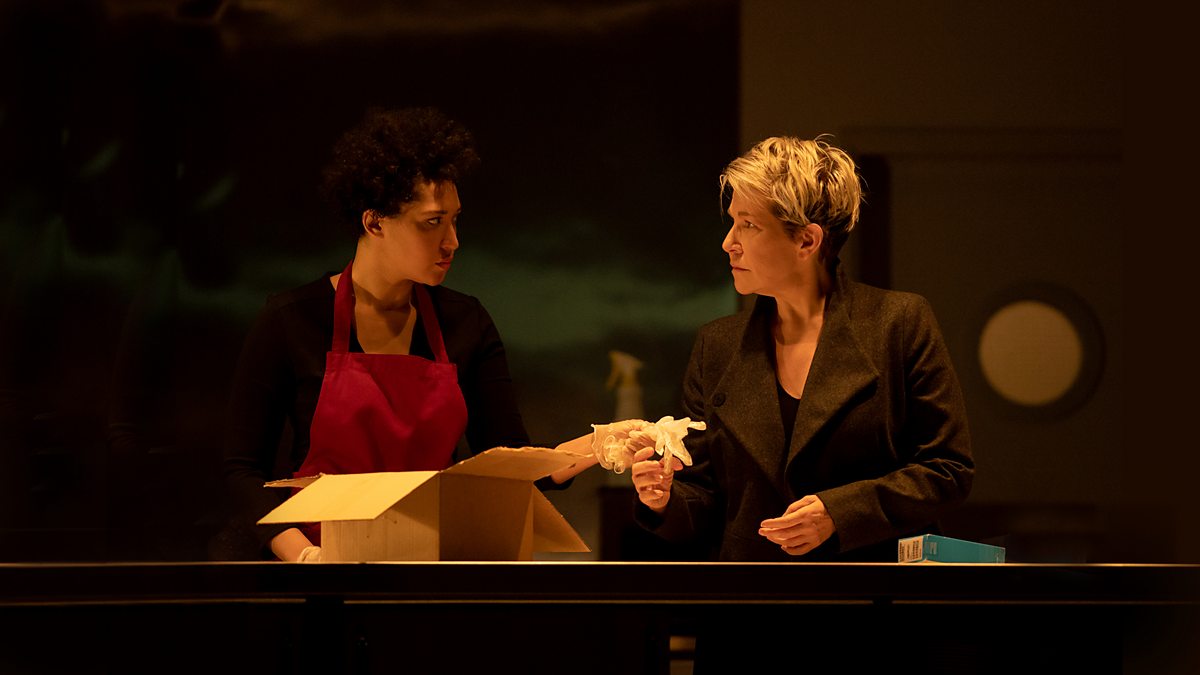Clearly Theodora is 'in' at the moment: https://slippedisc.com/2022/02/an-en...-handel-opera/ (I think this must be a cut-and-past press release)
I imagine that the ticket prices will be a little less than for Covent Garden...
I imagine that the ticket prices will be a little less than for Covent Garden...

Comment